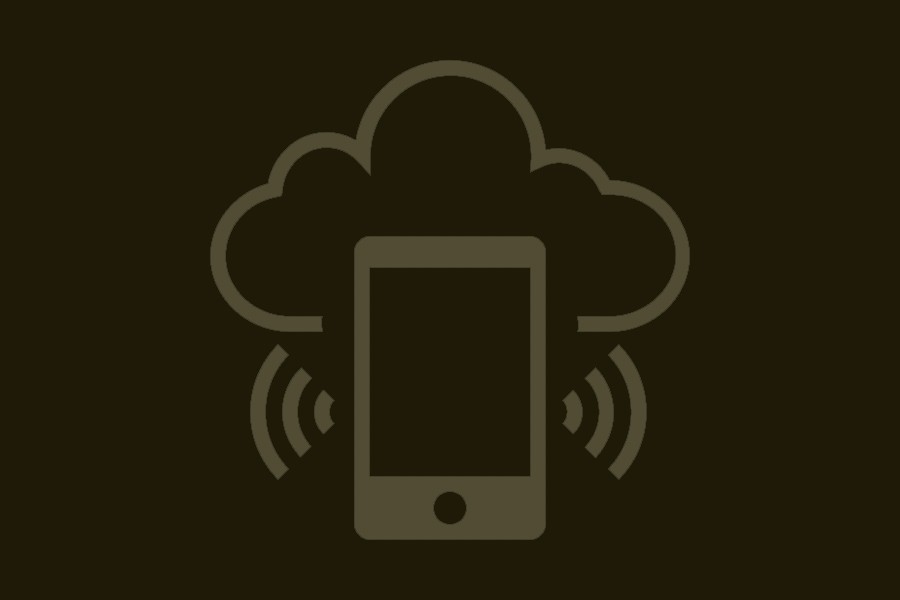
Published :
Updated :

The country's mobile phone operators are struggling to cope with a sudden increase in data consumption during the countrywide lockdown.
According to operators, data usage has increased by around 20-25 per cent and it is increasing day by day due to abrupt digital lifestyle of users.
According to Department of Telecommunications, video streaming has contributed to much of new usage as people make a lot of video calls, carry out online office activities, attend online meetings, watch entertainment contents, participate online classes and play video games etc.
Sumon Ahmed Sabir, Chief Technology Officer (CTO) of Fiber at Home, a Nationwide Telecommunication Transmission Network (NTTN) operator, said they have been seeing a 15-20 per cent spike in use of internet.
Stay-at-home people consume a lot of data as they engage in intensive data consuming activities, he said, adding that use of data may increase further if such a situation continues.
A week back, Post and Telecommunication Minister Mustafa Jabbar, in a Facebook post, said internet usage has increased substantially after lockdown.
To cope with the surge in new demand, three mobile phone operators--Robi, Banglalink and Teletalk--have demanded that the Bangladesh Telecommunication Regulatory Commission (BTRC) give them additional spectrum free of charge during the public holidays announced by the government to contain the spread of coronavirus in the country.
The operators made the request in a letter recently.
Robi Axiata Limited chief corporate and regulatory officer Shahed Alam said the sudden switch to digital lifestyle by the entire nation has put our robust digital infrastructure under tremendous pressure.
"Given the dire situation we are living through, the only way to maintain our network up to a satisfactory level is for us to be allowed some additional spectrum to support the extra demand from our customers," he said.
As the government has a plenty of unused spectrum, he said, so allocation of some additional spectrum to the operators won't be a problem at all.
"As for charging the additional spectrum, many countries have allocated additional spectrum free to their operators; since we share common problems in Bangladesh, it would be prudent to follow the same example here for greater public interest at least in the short-run," he added.
However, the largest mobile operator Grameenphone, has not applied yet for additional spectrum, but they had verbal communication with the regulator in this regard.
Grameenphone wants idle spectrum at a discounted rate as opposed to free of charge spectrum sought by three other operators.
Explaining the reason, director and regulatory affairs head of GP Hossain Sadat, said they believe this is the time all need to come forward and join hands with the government in fighting back the COVID-19.
"While we are making contribution in many forms, principally we cannot support requesting for free allocation of spectrum," he said while talking to the FE.
He said, "We are of the view that spectrum needs can be sorted out in a win-win manner."
Mr Sadat said the government can consider allocation of spectrum at discounted rate for a certain time period.
"This way, the government will get some money. We the operator would enhance our capability helping our customers to meet their communication needs - this would then be turned into revenue. This would then be shared with government in the manner of revenue sharing," he added.
Use of internet has increased in other countries too.
Regulators in the US, Ireland, Jordan, and Saudi Arabia have already started allocating free spectrum in favour of mobile operators to deal with the data traffic surge during the Covid-19 pandemic.
Currently, BTRC has 27.4 MHz spectrum unallocated in 1800 and 2100 bands which are generating no value for the economy.
Especially 2100 MHz spectrum is required to meet the growing demand in rural areas.
The operators sought unallocated spectrum free of cost for an interim period for three months. Further extension is subject to the spread of COVID-19 and as per the guidance of BTRC/government to handle this crisis.
They said they had already reduced the price of data by 15-20 per cent as per the request of the government.
bdsmile@gmail.com


 For all latest news, follow The Financial Express Google News channel.
For all latest news, follow The Financial Express Google News channel.